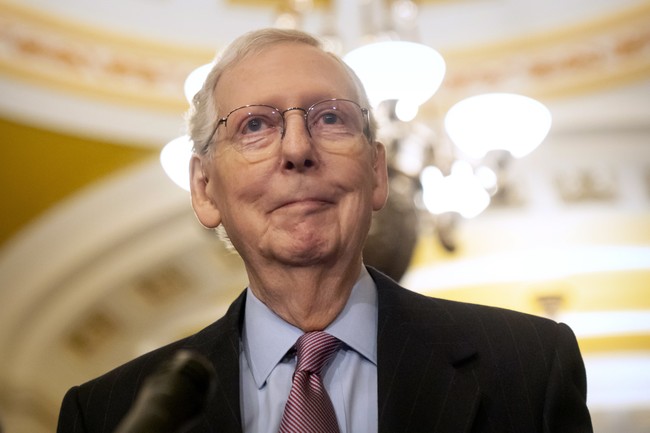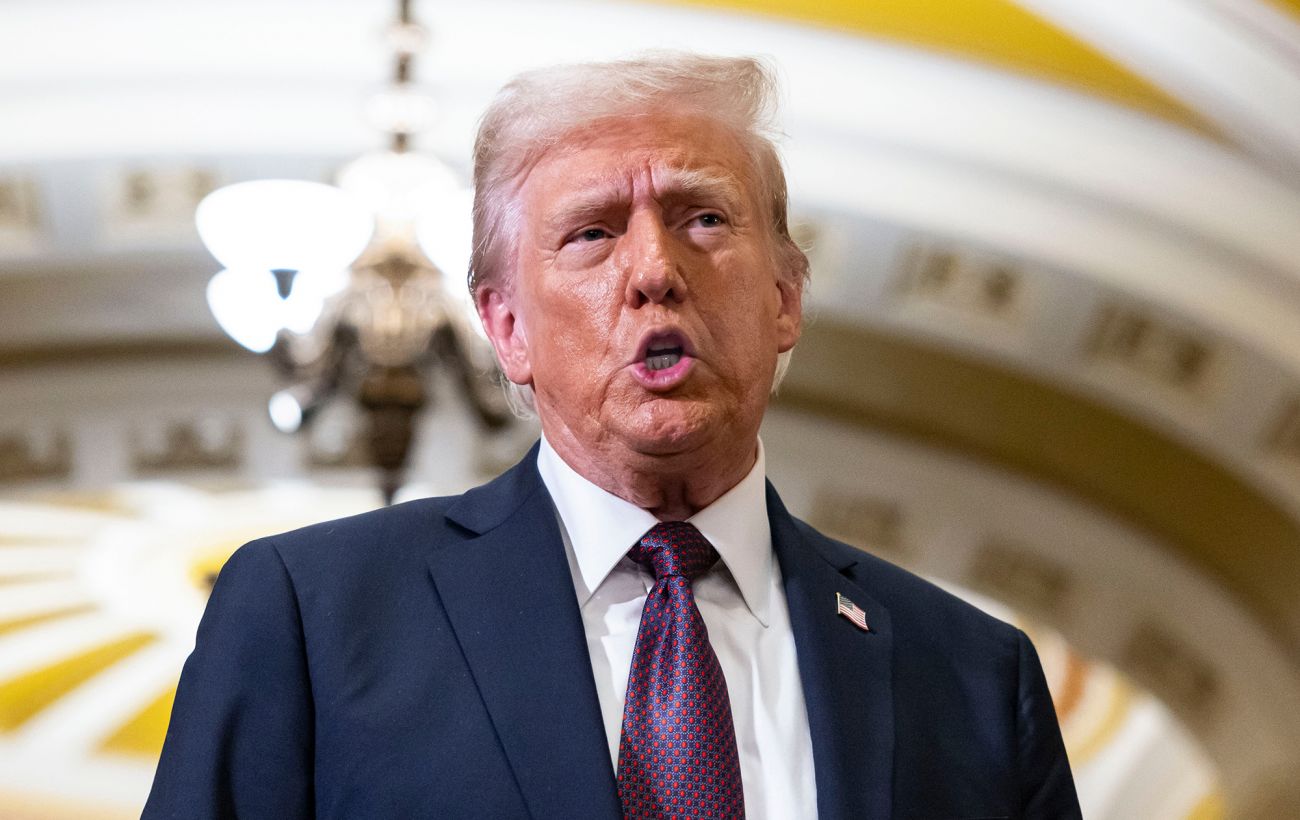Global Economic Trends: Tariffs and Stock Markets
As major economies navigate the impacts of tariffs, stock markets react with mixed performances. Dive into a detailed analysis of how these trends are reshaping global economic landscapes.
Published February 20, 2025 - 00:02am

Image recovered from wwd.com
Recent developments across global economies have highlighted the intricate dynamics between tariffs and stock market performances. In Saudi Arabia, the Tadawul All Share Index experienced a minor decline, closing at 12,317.59. Despite this dip, certain sectors showed resilience, such as Electrical Industries Co., which posted a significant gain of 7.14 percent. The MSCI Tadawul Index also reported a slight increase, indicating a nuanced market response to broader economic conditions.
Meanwhile, in the United States, there is a notable shift in consumer behavior characterized by 'doom spending' in anticipation of potential economic disruptions. A report by CreditCards.com reveals that American households are stockpiling goods such as food and medical supplies. This behavior is largely driven by fears of new tariffs and another pandemic, with 42 percent of respondents already starting to stockpile essential items. The study underscores the pervasive sentiment of economic uncertainty and its influence on consumer spending.
Across the Pacific, Seoul's stock market has seen a positive streak, with the Korea Composite Stock Price Index climbing for the seventh consecutive day. This rise has been propelled by gains in technology stocks, amidst growing concerns over impending U.S. tariffs on Korean imports including automobiles and pharmaceuticals. Notably, market leaders like Samsung Electronics and SK hynix have recorded impressive gains, reflecting investor confidence in the face of potential trade obstacles.
Each of these regions provides a distinct perspective on how tariffs and trade policies are affecting economic indicators. In Saudi Arabia, while the main index faced pressures, strategic sectors managed to post gains, highlighting areas of robust performance. In the U.S., consumer anxiety is visibly altering purchasing patterns, suggesting widespread anticipation of economic strife. In contrast, South Korea's resilience, bolstered by its tech sector, reveals a cautious optimism as it braces for external tariff pressures.
The global economic landscape is evidently at a crossroads, with tariffs acting as a critical lever affecting various markets. The intricate balance of market forces responding to these economic measures is crucial in shaping financial outcomes on a macro scale. Policymakers, investors, and consumers must navigate these turbulent waters with keen insight into how such measures impact long-term economic stability and growth.







